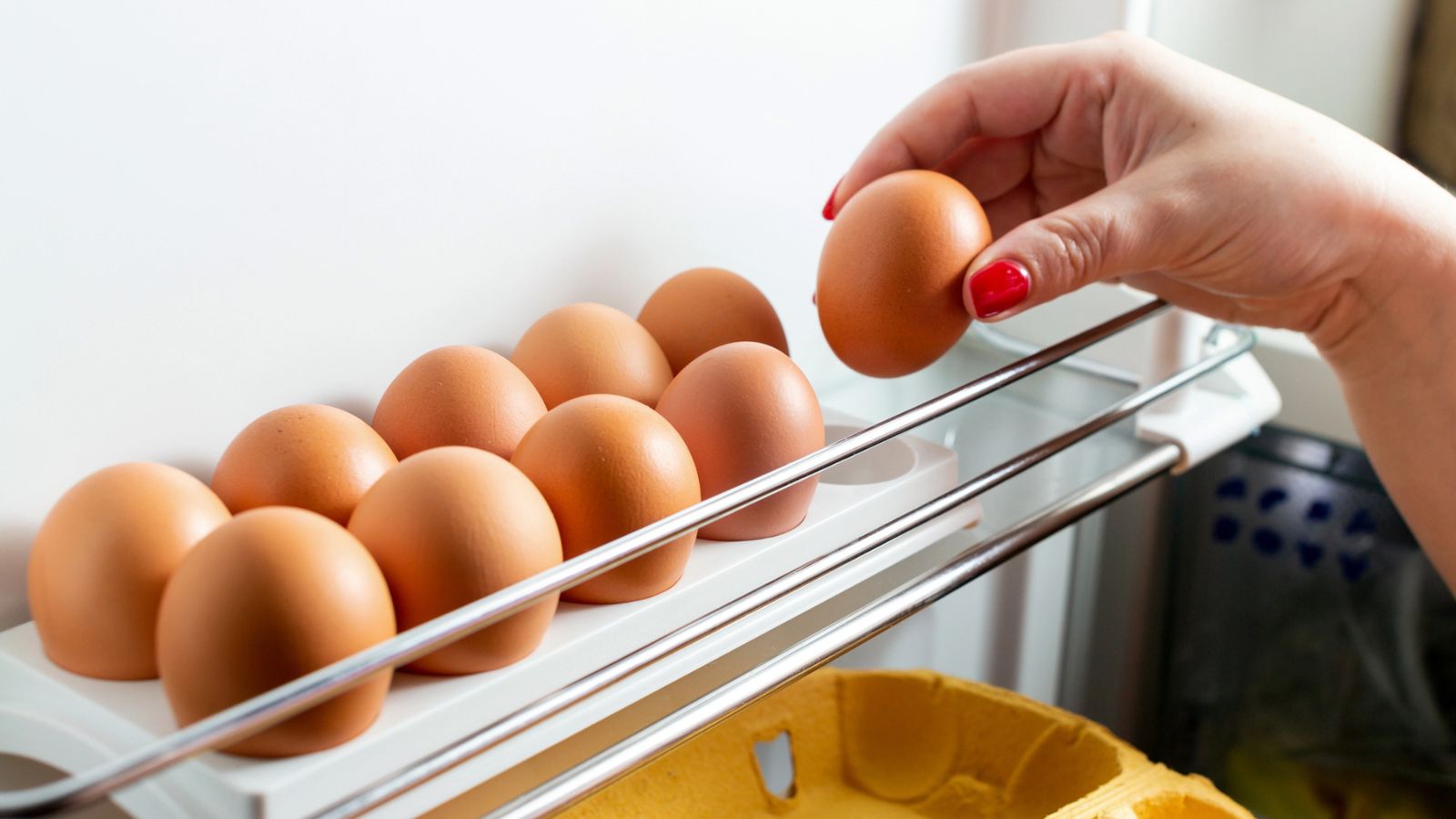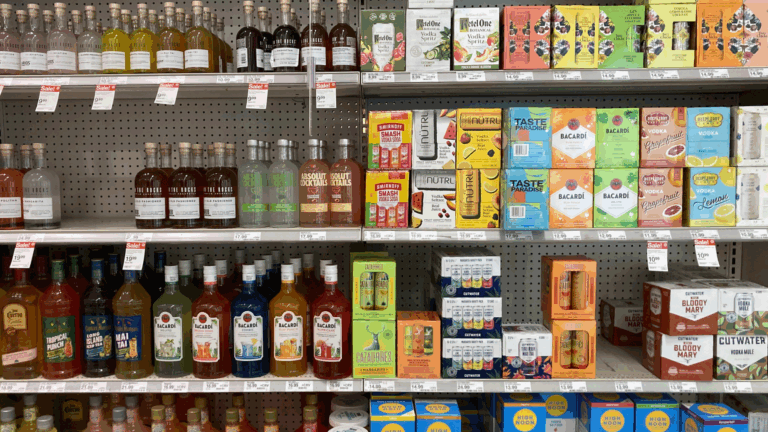15 Foods You’ve Been Storing All Wrong (And How to Fix it)
How you store food makes a bigger difference than you think. The wrong spot can ruin the taste, shorten the shelf life, or even cause waste. A few simple tweaks can help keep your food fresh longer and save money in the process. Here are fifteen common storage mistakes—and how to fix them fast.
This article may contain affiliate links. See our disclosure policy for more info.
Tomatoes
The fridge kills the flavor. Tomatoes do best on the counter, out of direct sunlight. Cold temps mess with their texture and make them bland. Keep them in a bowl at room temp until they’re fully ripe, then eat them within a few days. If they start getting too soft, use them in sauces or soups to avoid waste.
Bread
Stashing bread in the fridge dries it out fast. Instead, keep it in a bread box or sealed bag on the counter for a few days. If you won’t finish it in time, freeze the rest in slices. That way, you can toast what you need without wasting the rest of the loaf.
Onions
Onions need air to stay fresh. Don’t put them in plastic bags or sealed containers. Store them in a cool, dark spot with good airflow—like a pantry or mesh basket. Keep them away from potatoes, which release moisture and gas that spoil onions faster. A hanging basket works great for long-term storage.
Garlic
Garlic likes the dark, too. Skip the fridge and store it in a dry, ventilated container on the counter or in a cabinet. Refrigeration makes it sprout and lose flavor quickly. Whole bulbs last weeks when stored properly, so you’re better off buying in bulk and using as needed.
Potatoes
Potatoes don’t belong in the fridge—it turns their starch into sugar and makes them taste off. Store them in a cool, dark place in a paper bag or basket with airflow. Avoid storing them with onions to prevent faster spoilage. A basement or low cupboard usually works well.
Apples
While many fruits should stay out of the fridge, apples are better chilled once ripe. Keep them in the crisper drawer, away from other produce. Apples release ethylene gas that can speed up ripening in nearby foods, so store them in a separate drawer or bag when possible.
Bananas
Bananas should stay at room temperature, away from other fruits. Refrigeration turns the peel brown and stops the ripening process. Once ripe, you can move them to the fridge if you don’t plan to eat them right away—just know the peel will darken, even if the fruit inside is fine.
Peanut Butter
Natural peanut butter should be refrigerated after opening, especially if it doesn’t contain preservatives. The oil can go rancid if left out too long. Regular peanut butter is fine in the pantry, but it should be sealed tightly and kept away from heat and light to stay fresh.
Coffee
Coffee doesn’t belong in the fridge or freezer. Moisture from temperature changes ruins the flavor and freshness. Keep it in an airtight container in a cool, dark cabinet—away from light, air, and heat. Whole beans last longer than ground coffee, so grind as you go if you can.
Nuts
Because of their natural oils, nuts can go rancid if left out too long. Store them in an airtight container in the fridge or freezer to keep them fresh for months. This is especially important for raw, unsalted, or chopped varieties, which spoil faster than roasted ones.
Soy Sauce
Most people leave soy sauce out, but once opened, it stays fresher in the fridge. It won’t spoil at room temp, but refrigeration helps keep the flavor and color consistent—especially if you don’t use it often. High-end or low-sodium varieties benefit most from being chilled.
Ketchup
If you go through it quickly, ketchup can stay out. But if it sits for weeks, it’s better off in the fridge. Cold temps keep it from separating and preserve its flavor. Check the label—many brands recommend refrigeration after opening.
Berries
Berries need special care. Don’t wash them until right before eating, or they’ll spoil faster. Store them in the fridge in a paper towel-lined container with the lid slightly open to reduce moisture. If you buy in bulk, freeze extras to avoid wasting them.
Avocados
Avocados belong on the counter until they ripen. Once they’re soft, move them to the fridge to slow further ripening. If you’ve cut one open, store it with the pit in an airtight container and add a squeeze of lemon or lime to reduce browning. Use within a day or two.
Eggs
In the U.S., store-bought eggs should always be stored in the fridge—even if the grocery store shelf says otherwise. Keep them in their original carton in the back of the fridge where the temperature stays steady. Avoid using the fridge door, where temps fluctuate more.
Smarter Storage, Less Waste
It’s common to stash food wherever there’s space, but that can shorten its shelf life. A few simple storage tweaks can help things last longer and taste better. When you know where things really belong, you waste less and save more.
This article first appeared on Happy From Home.







